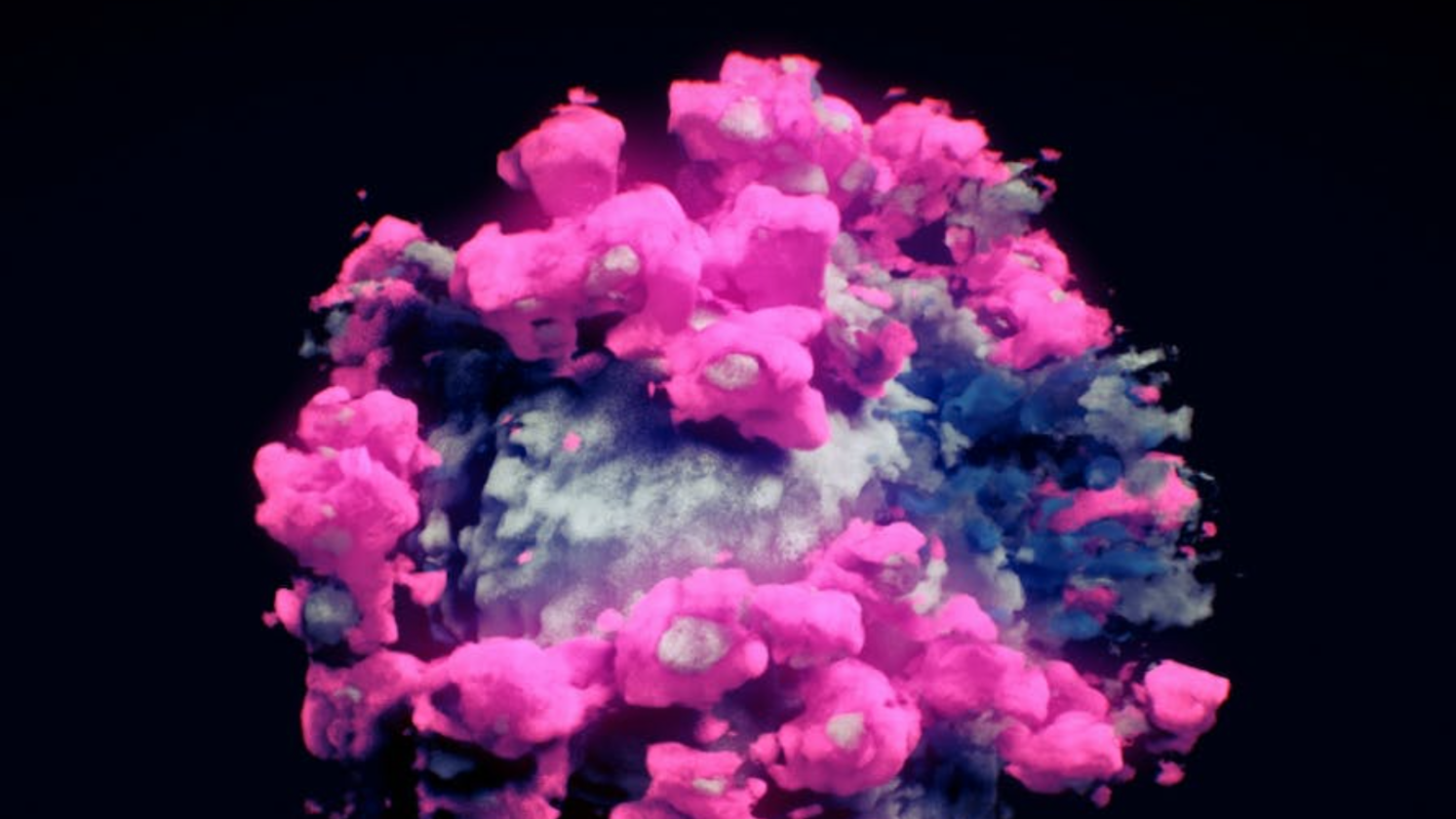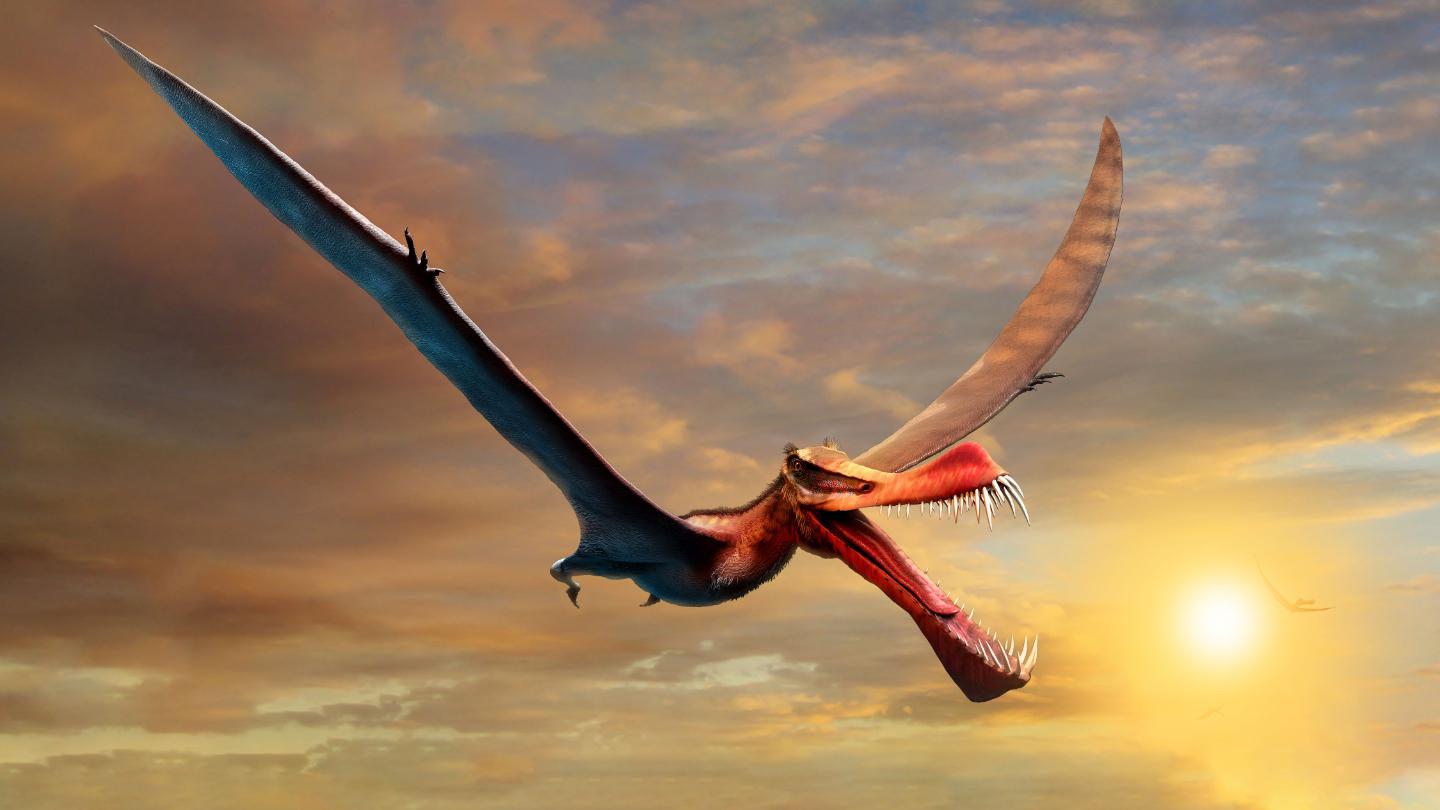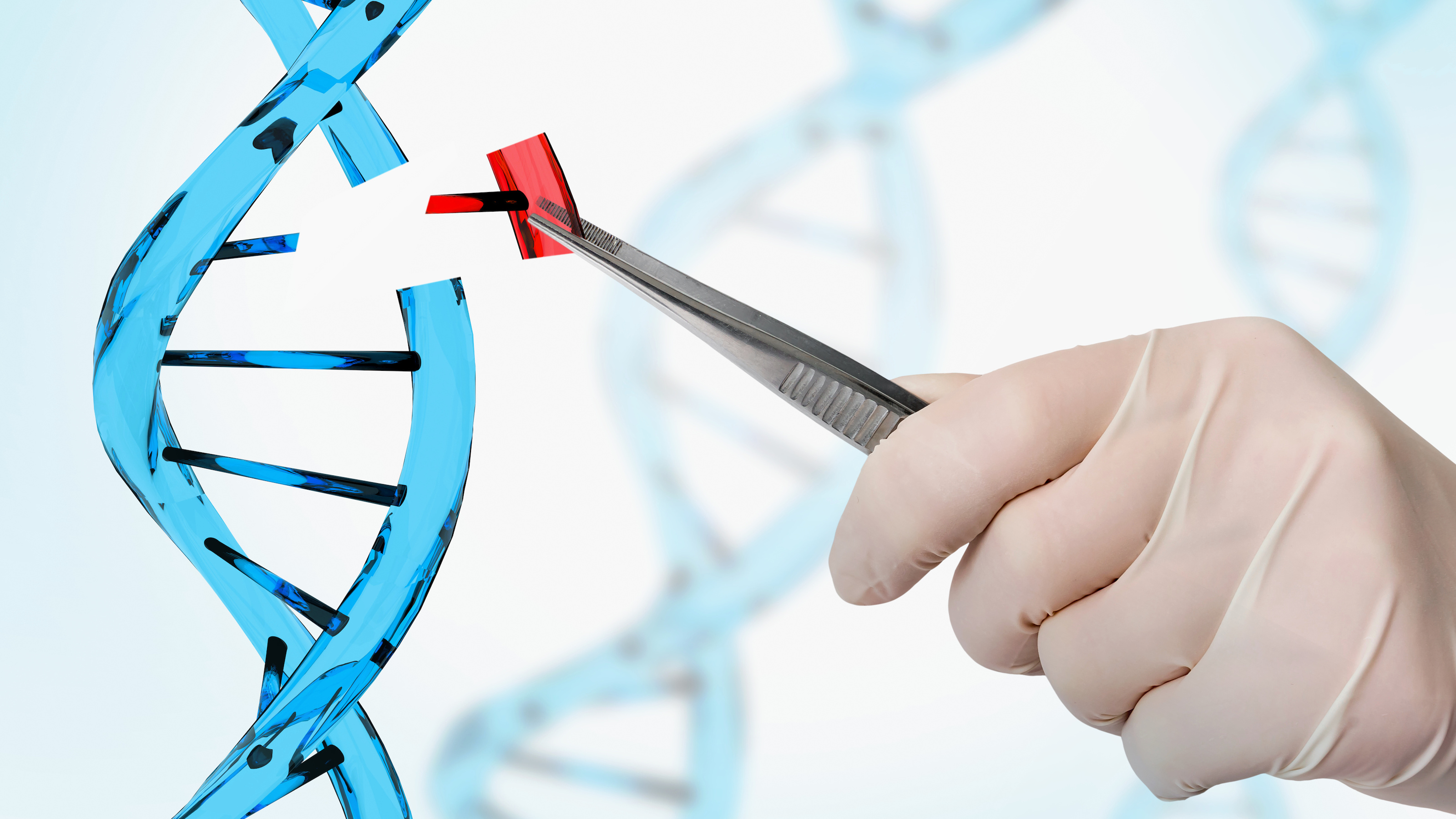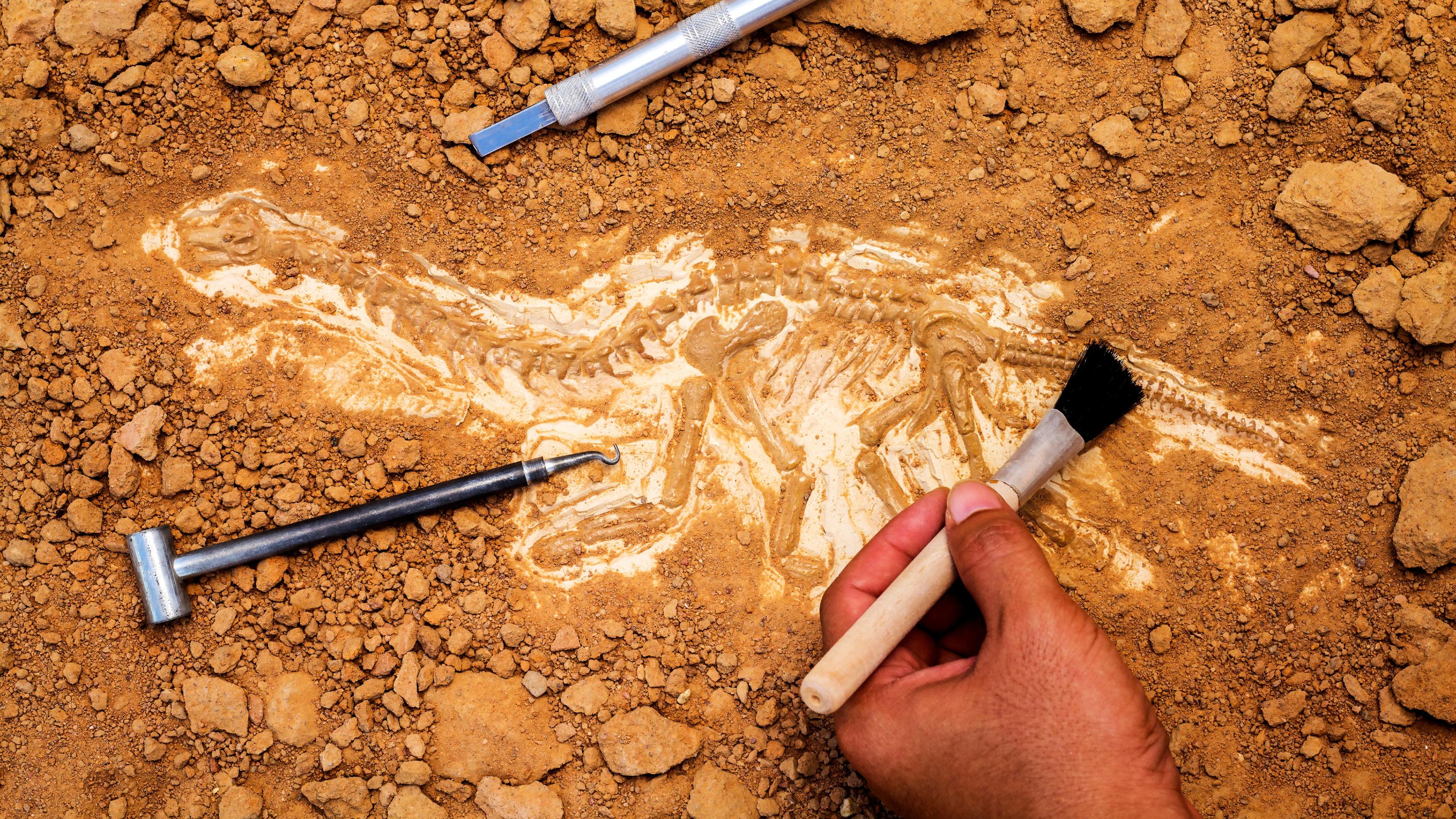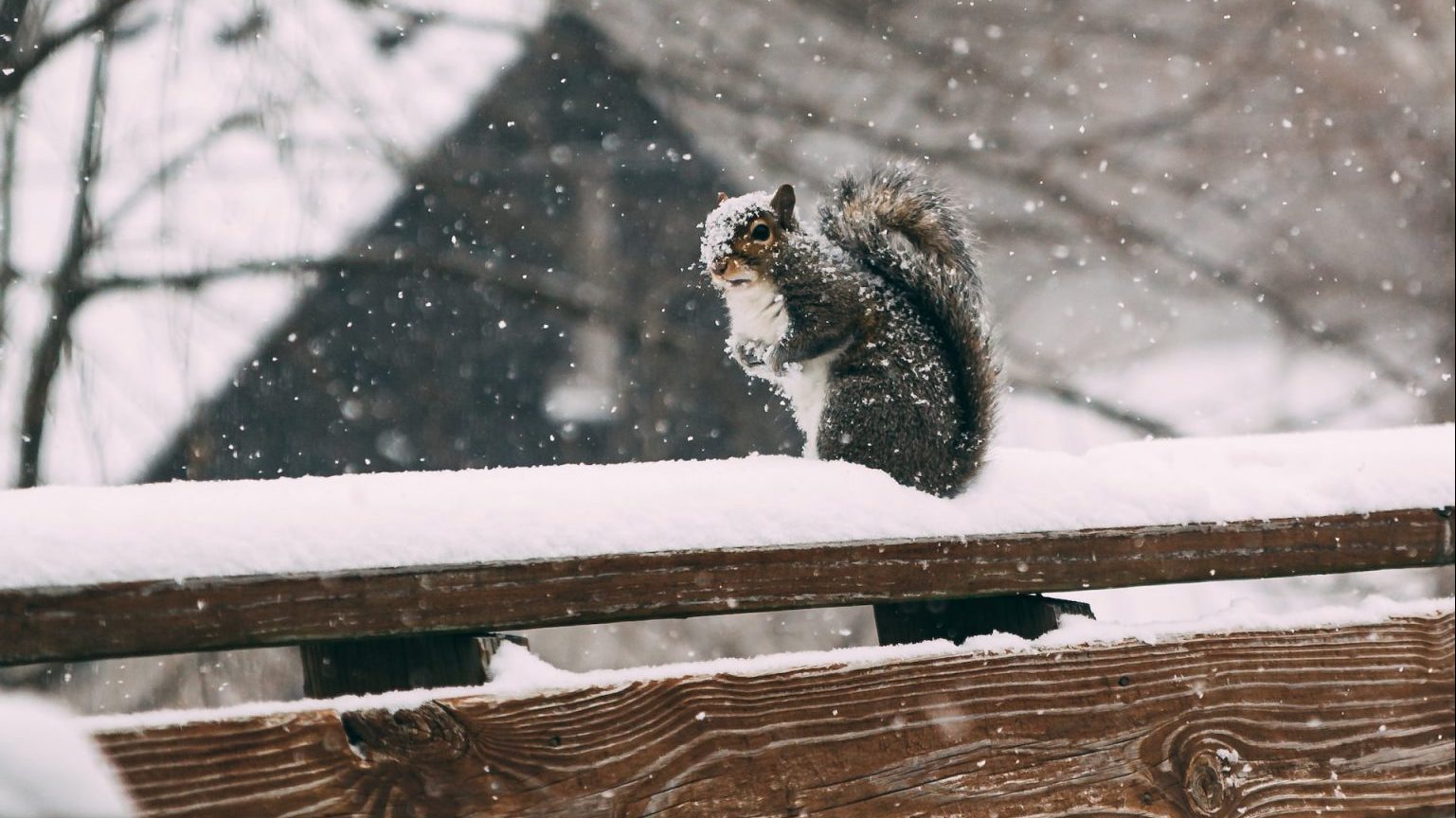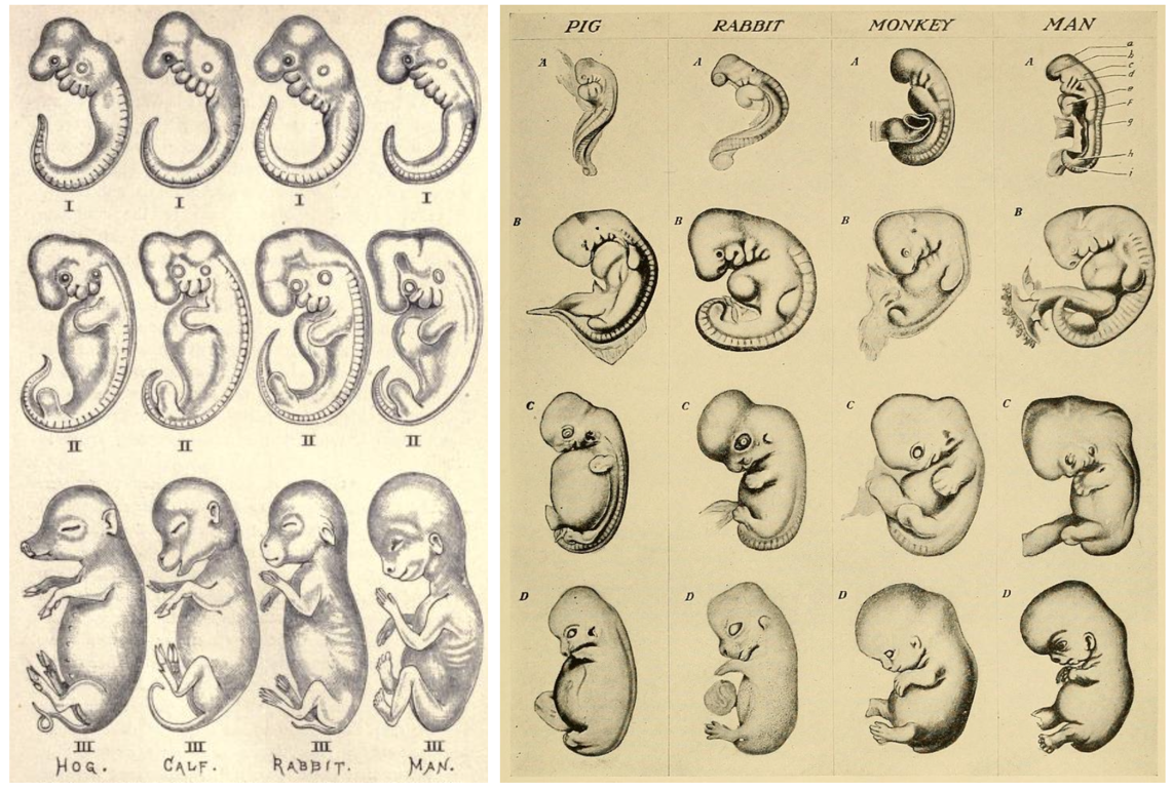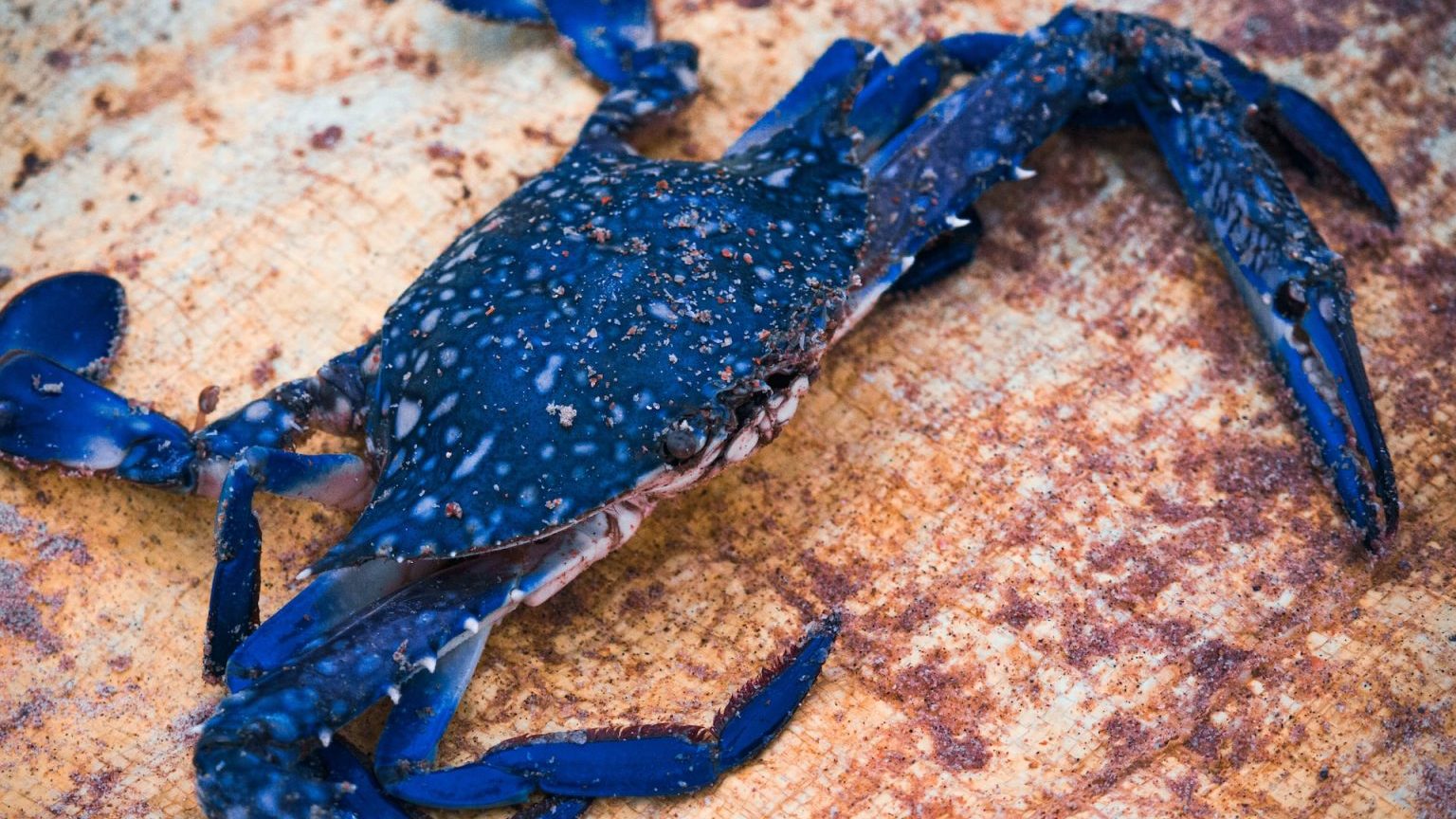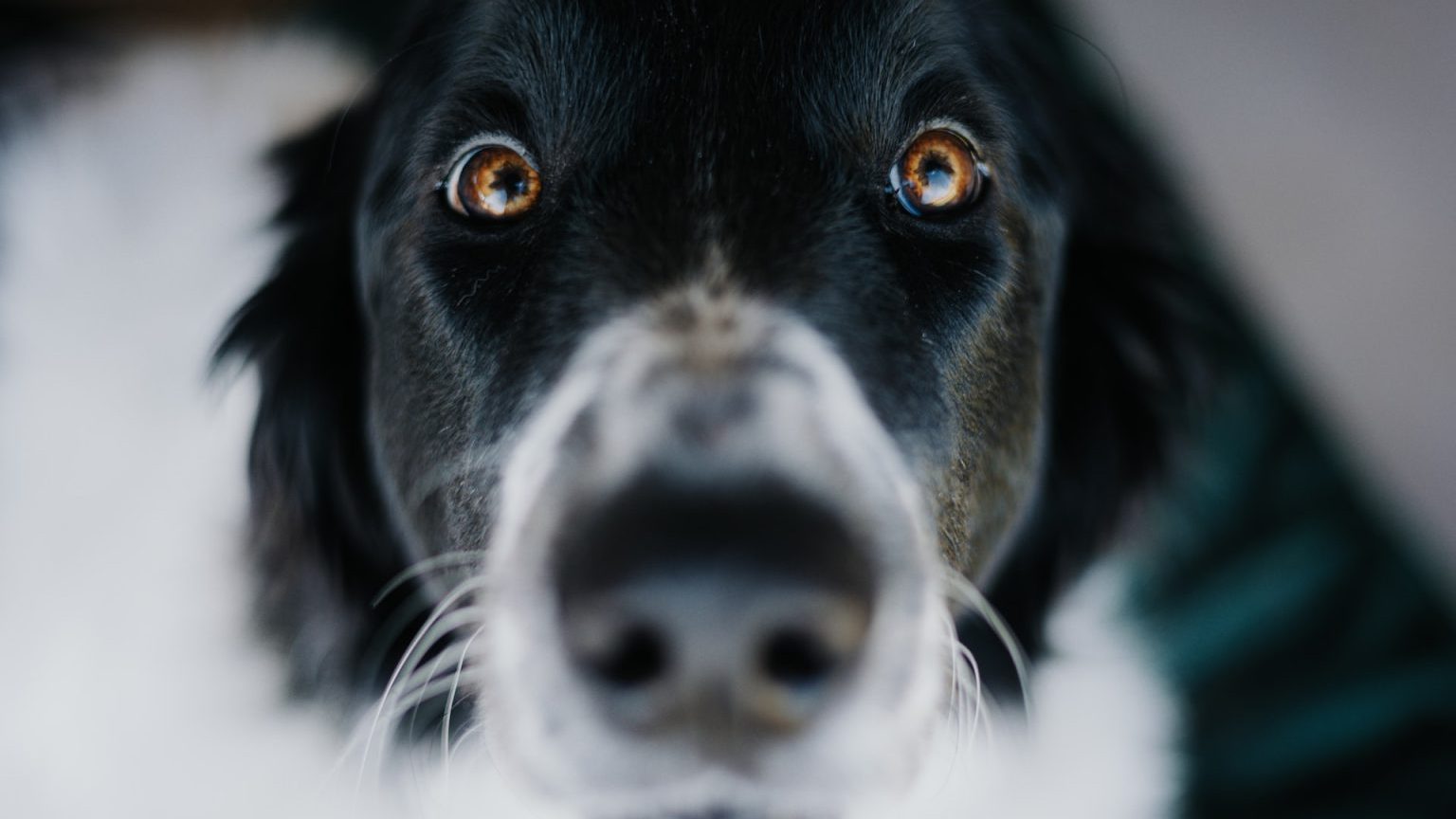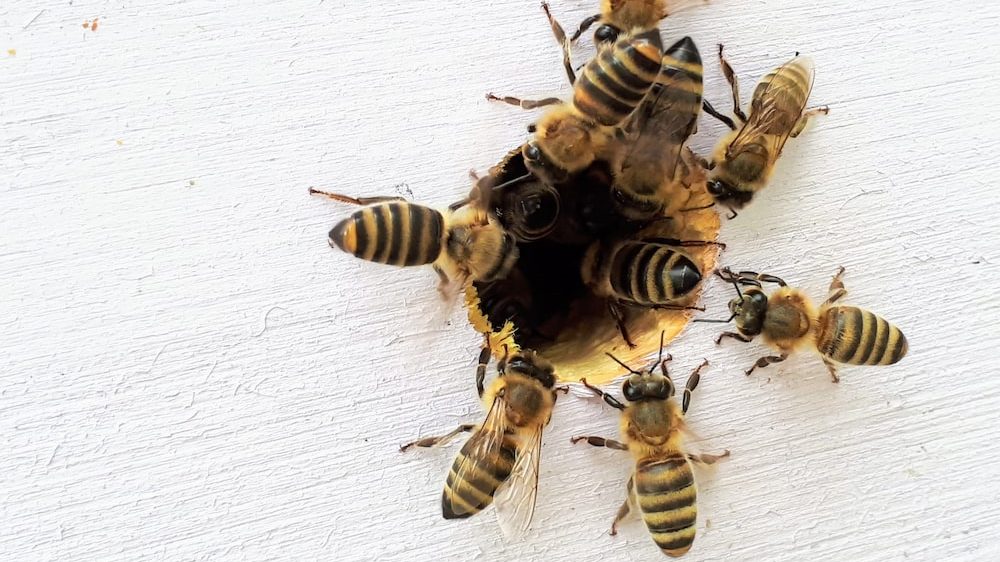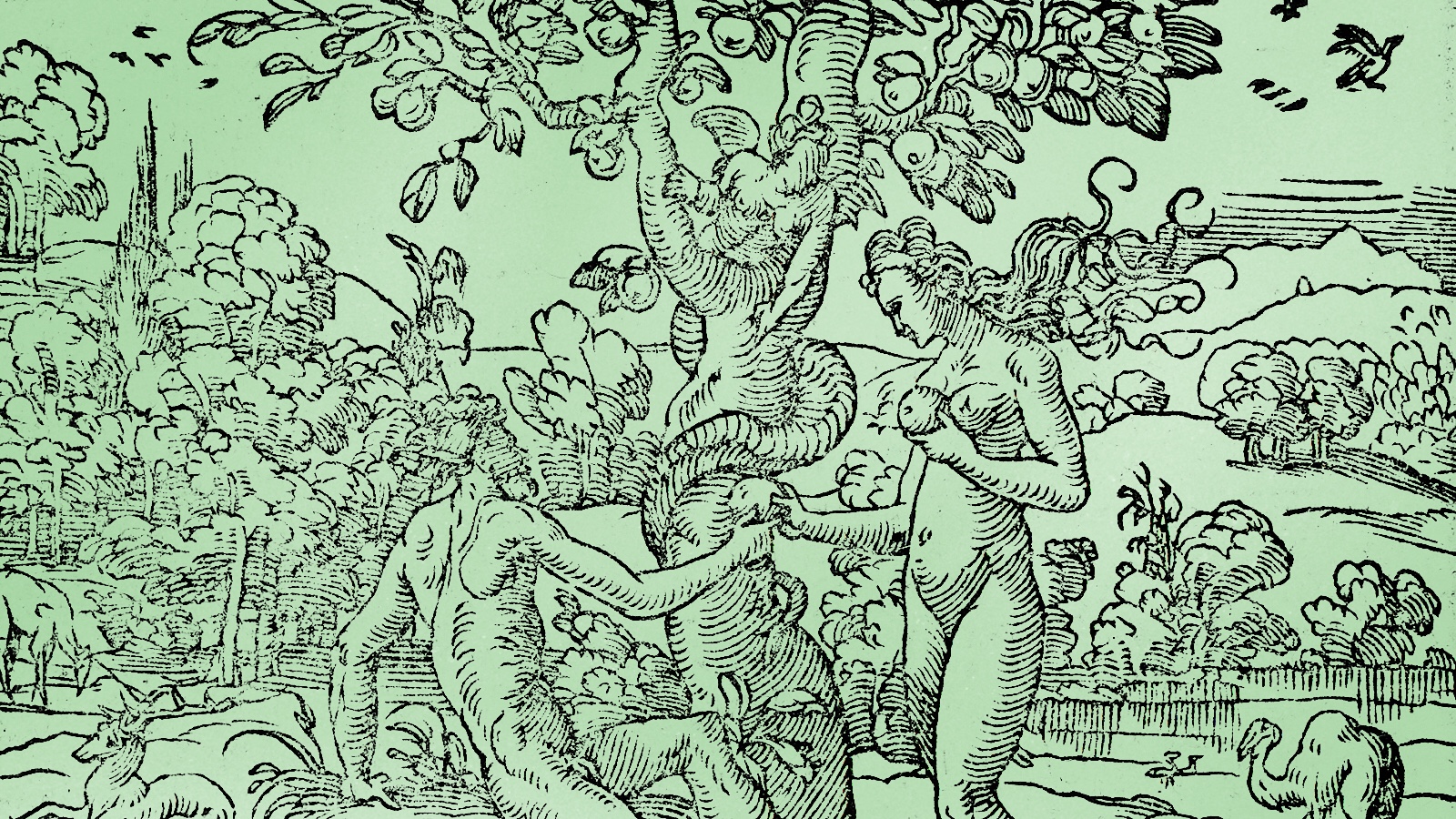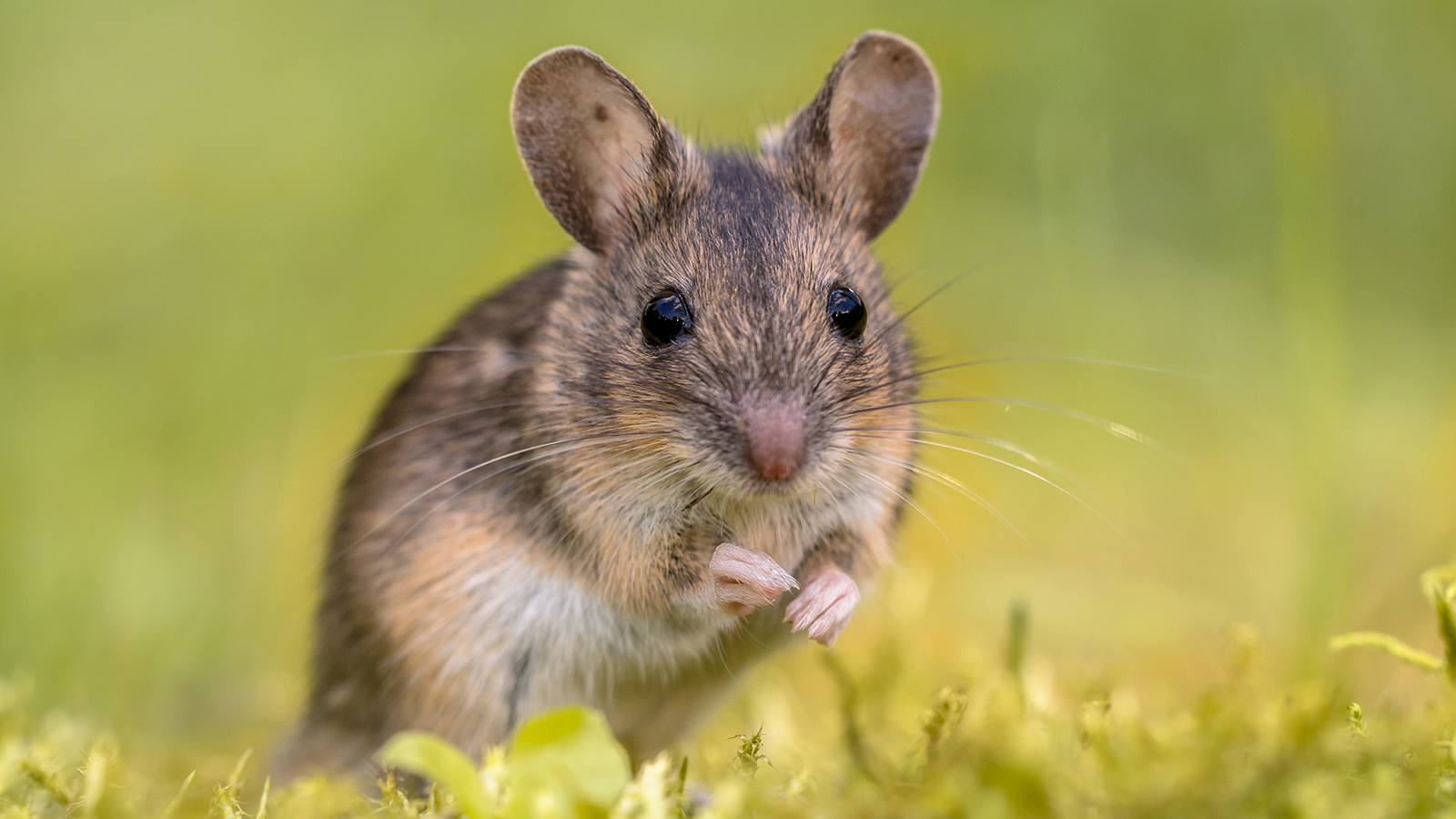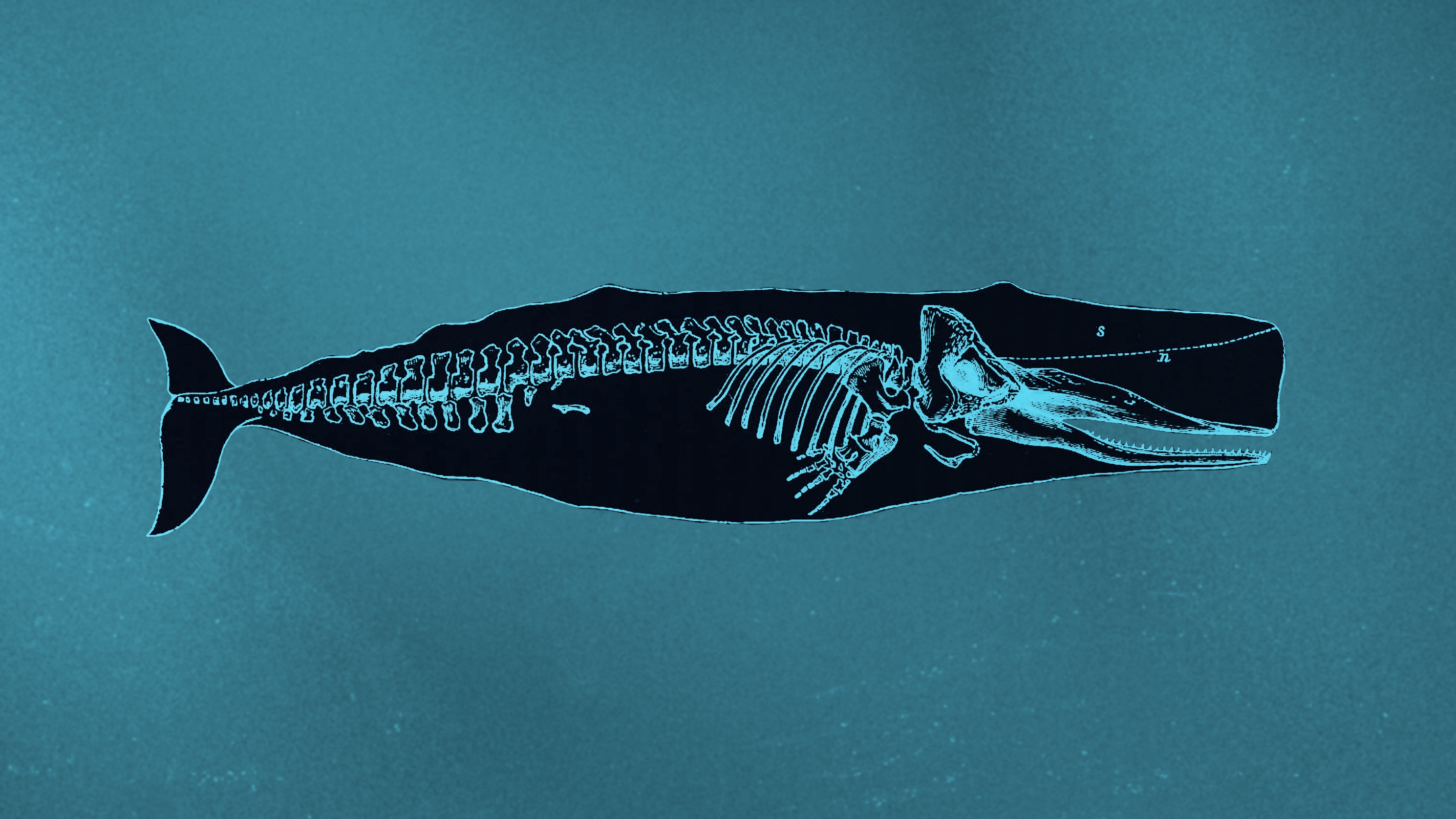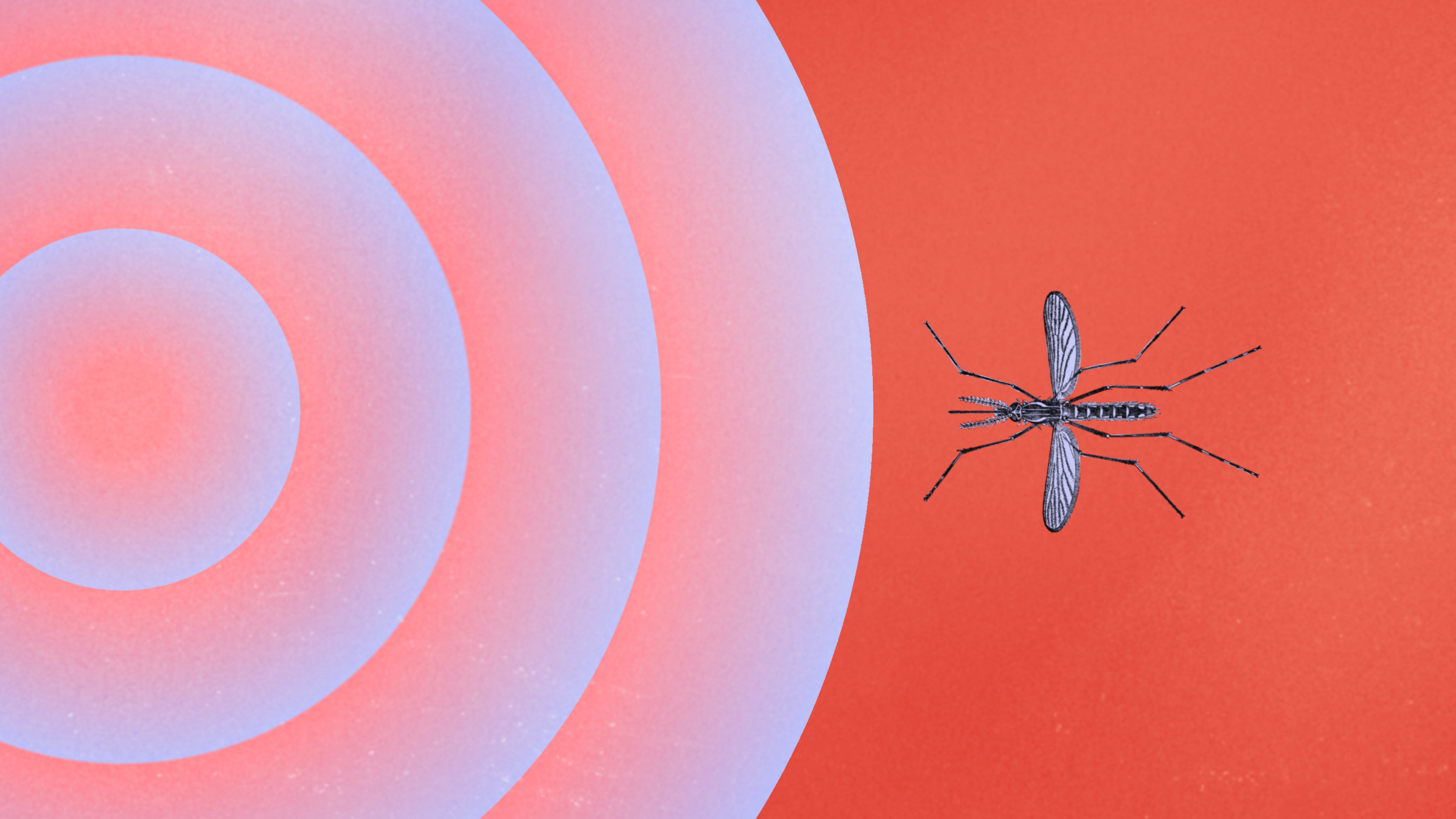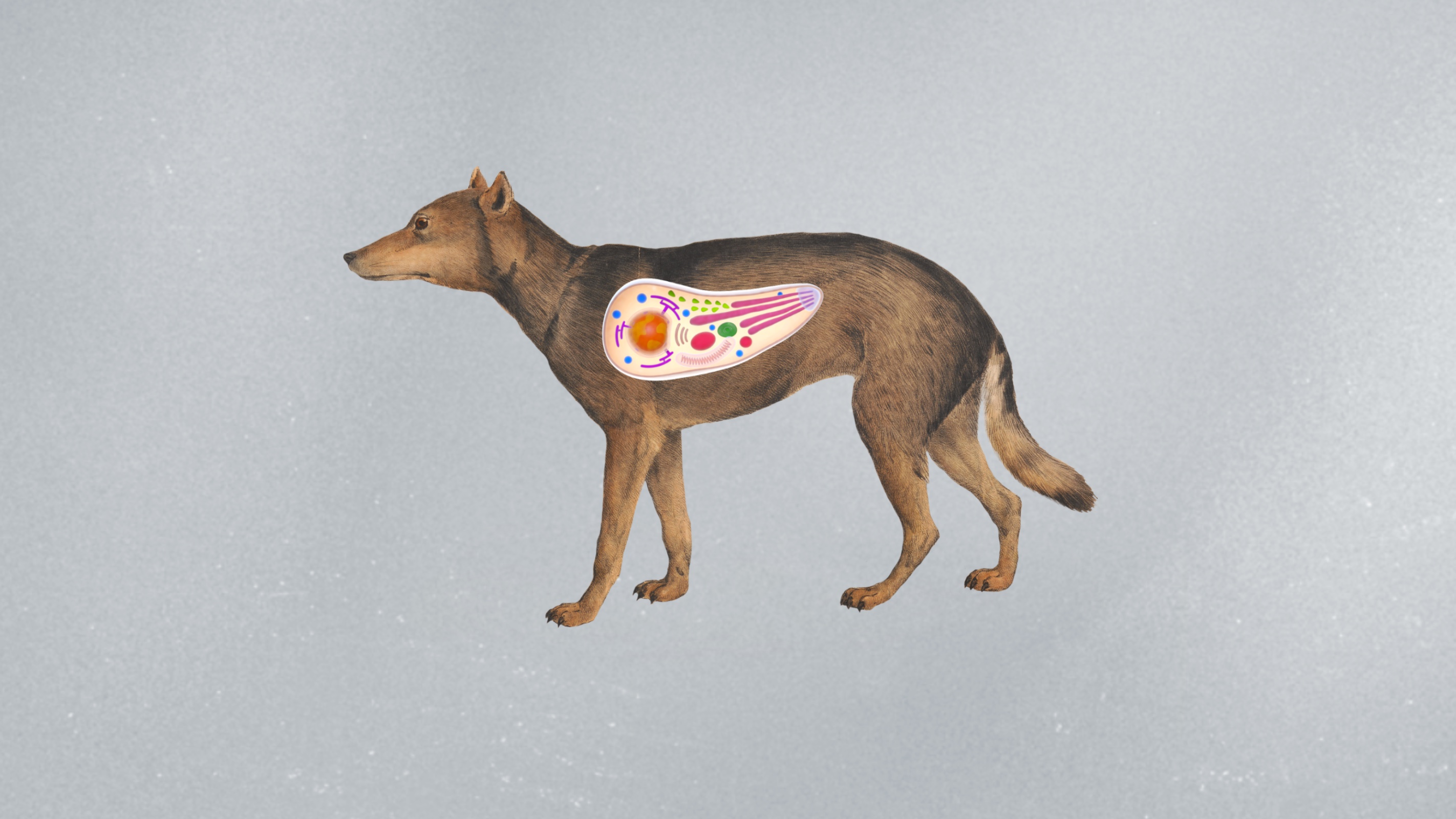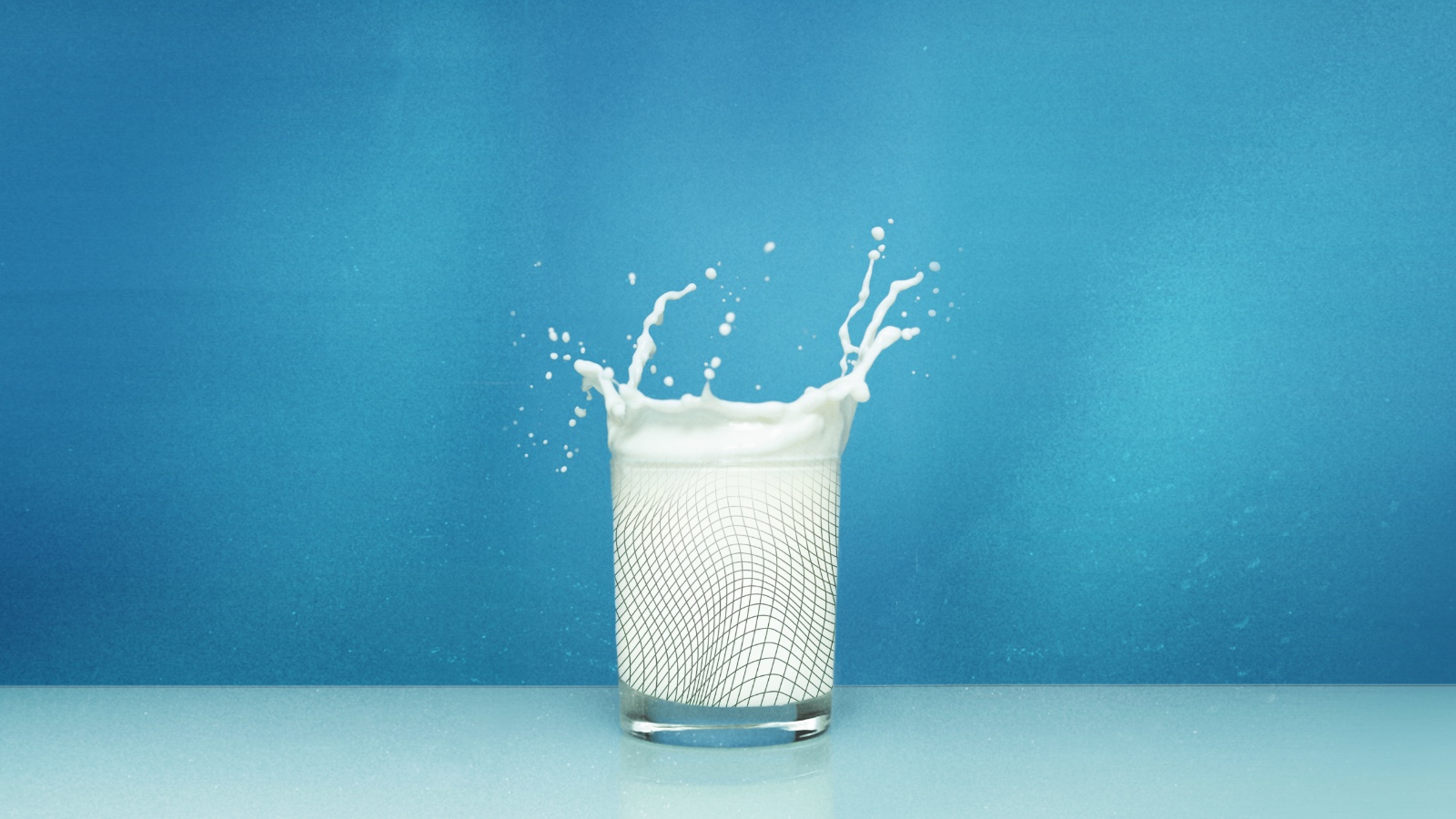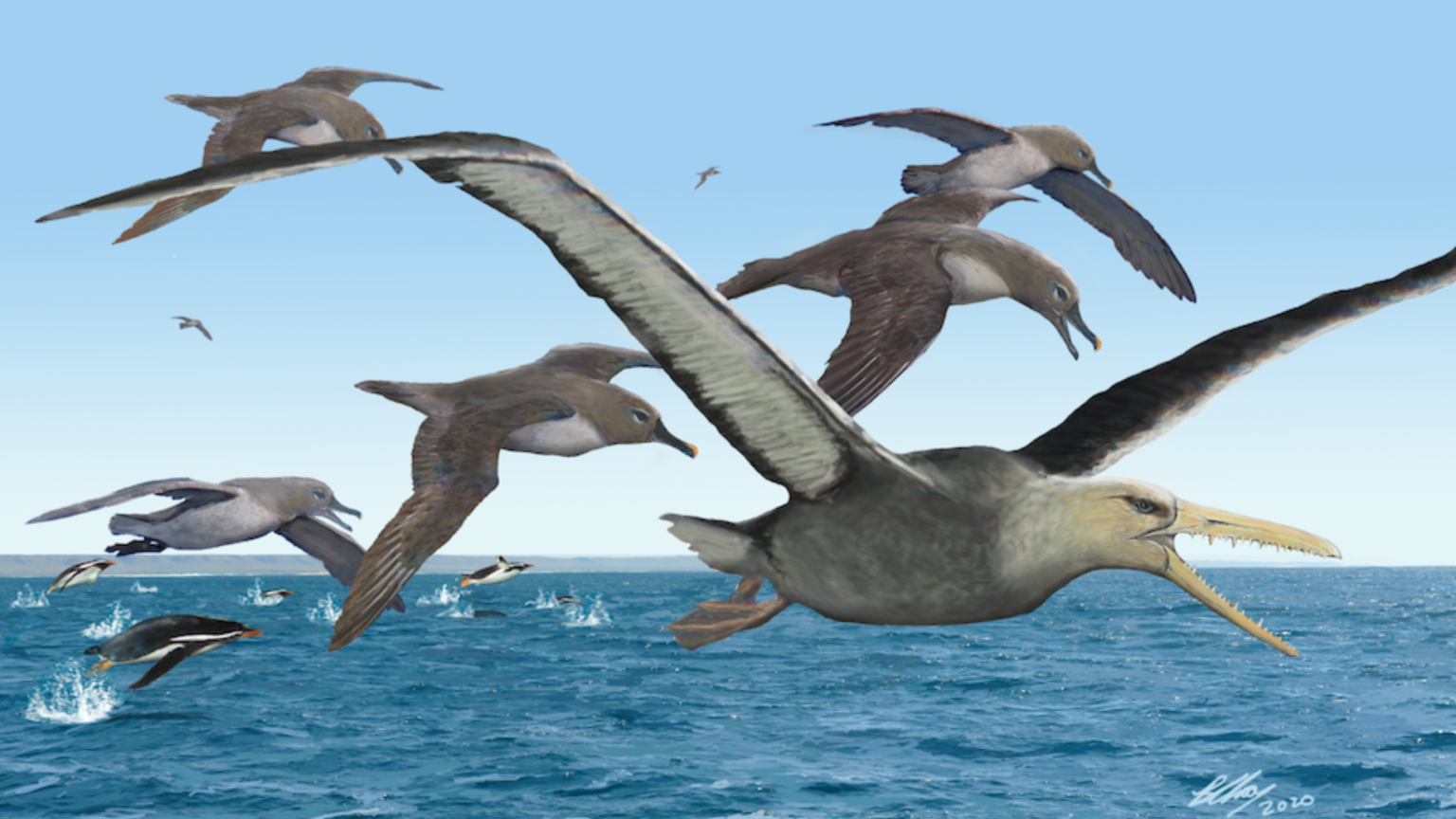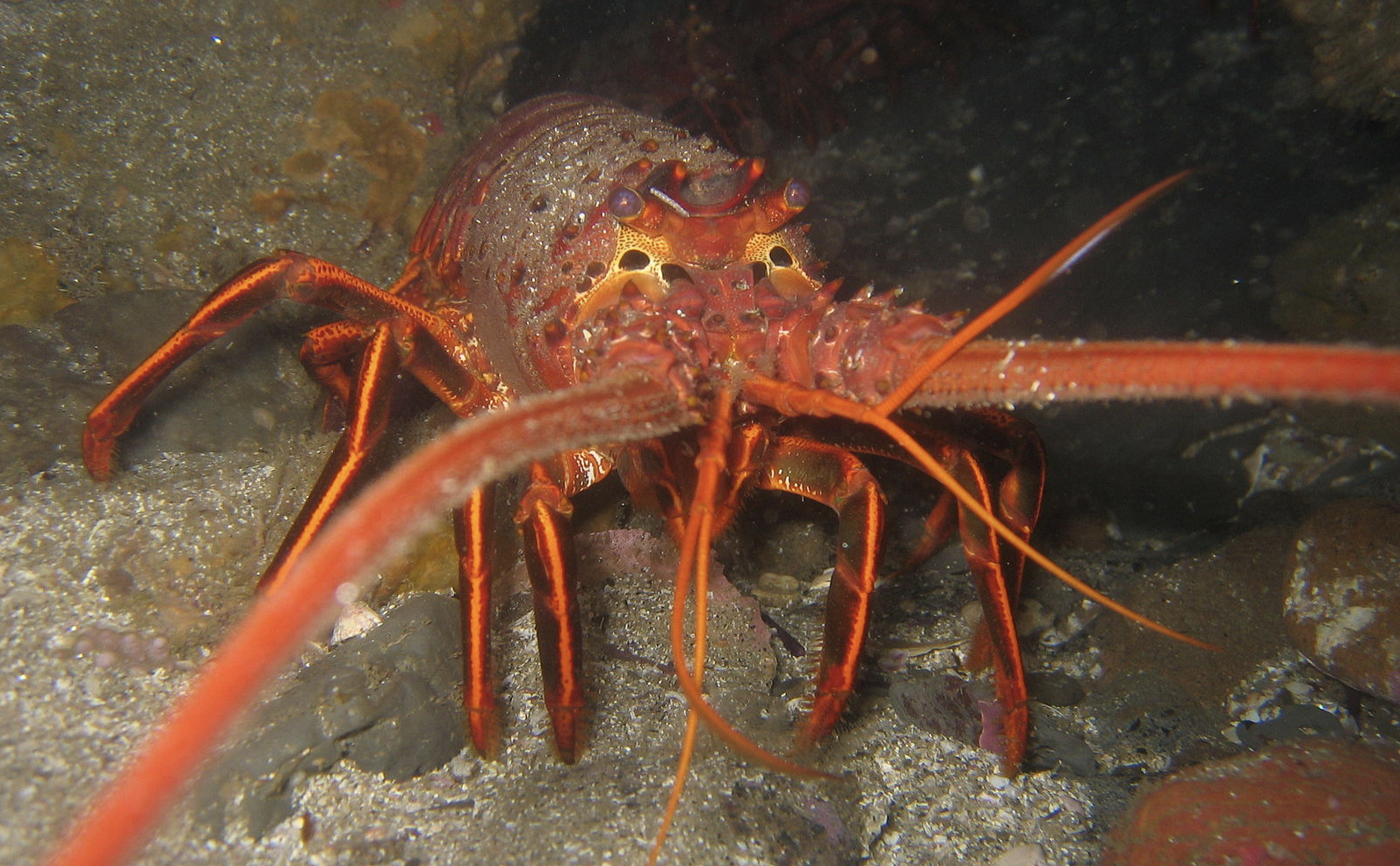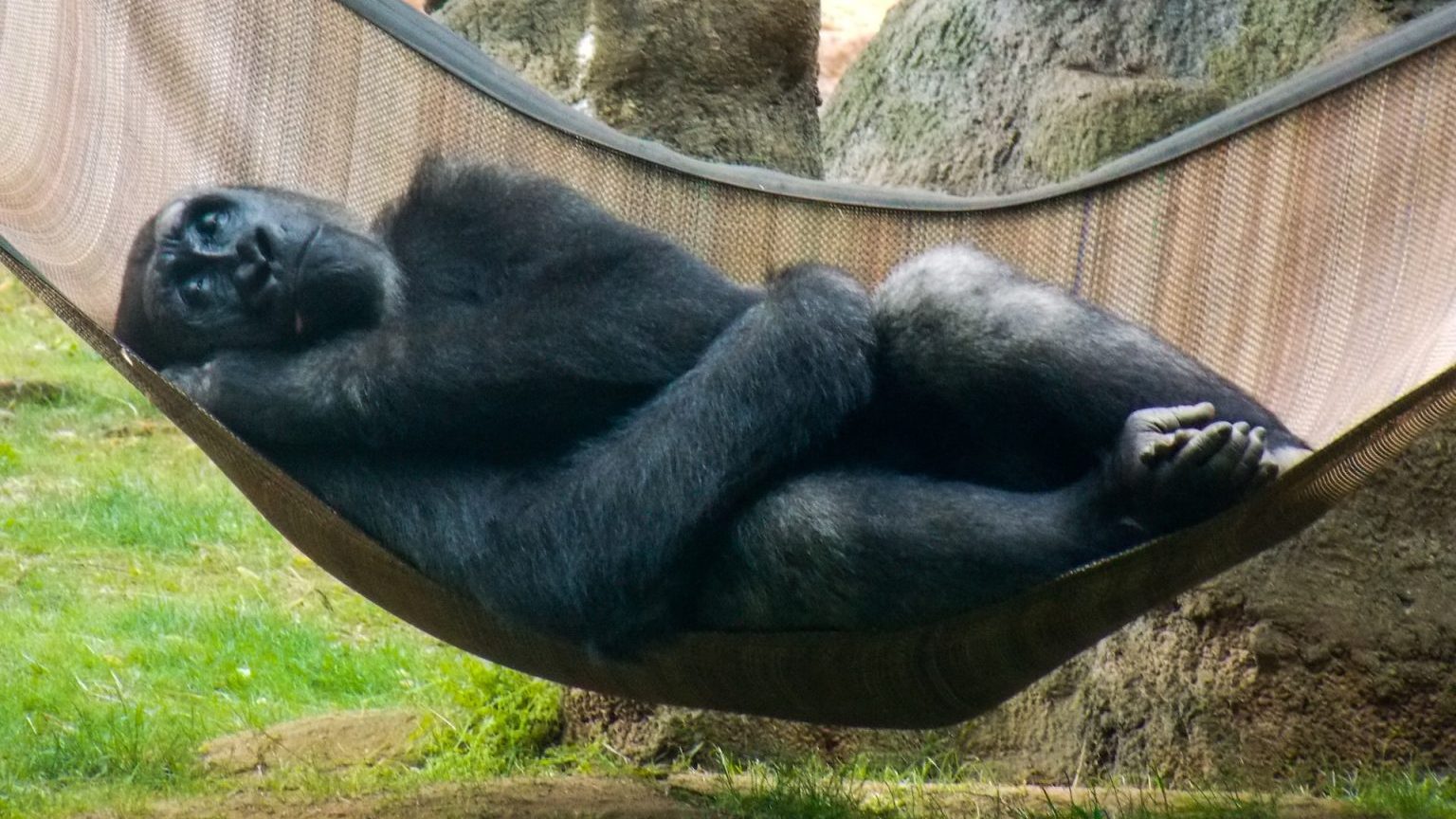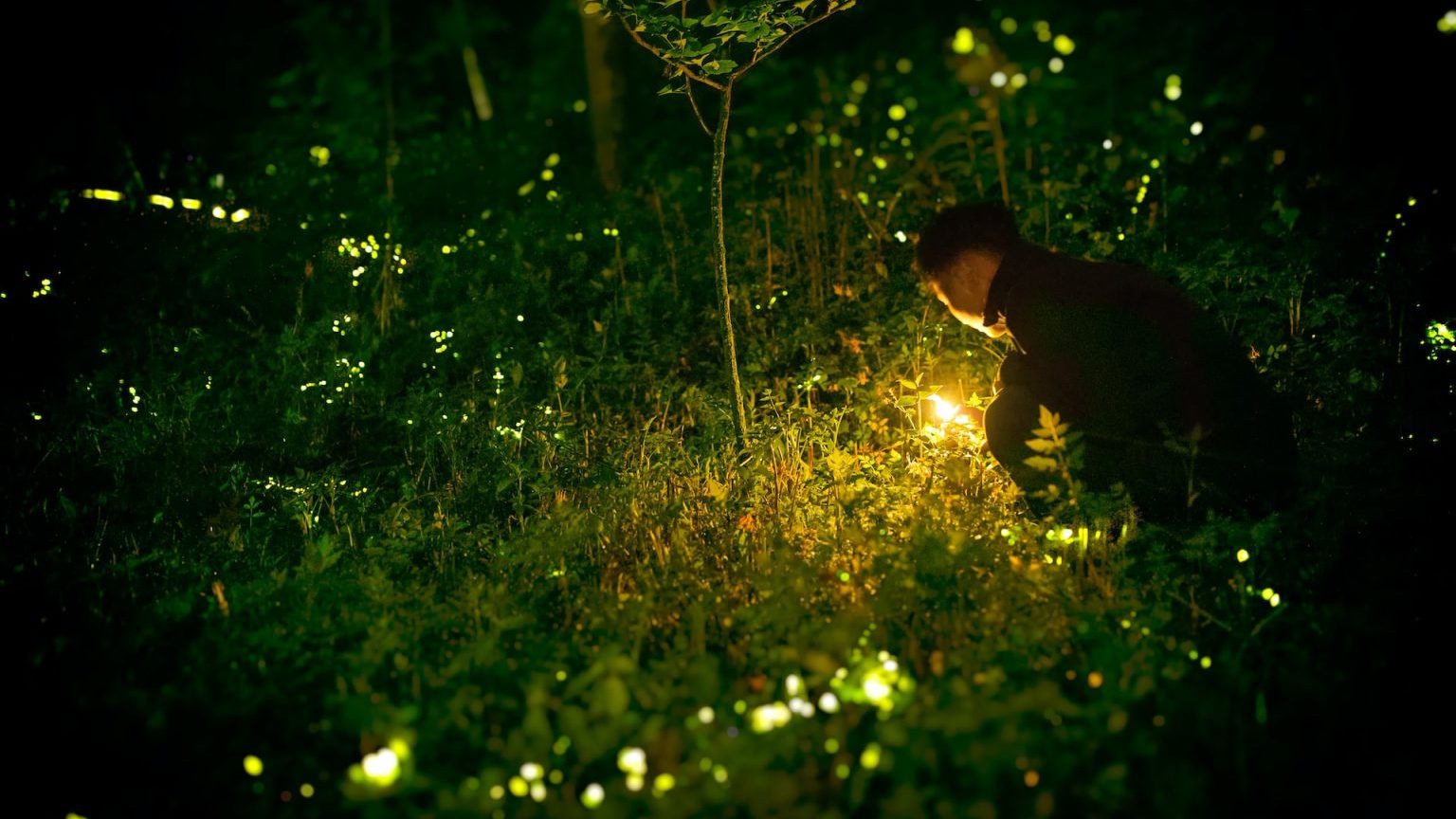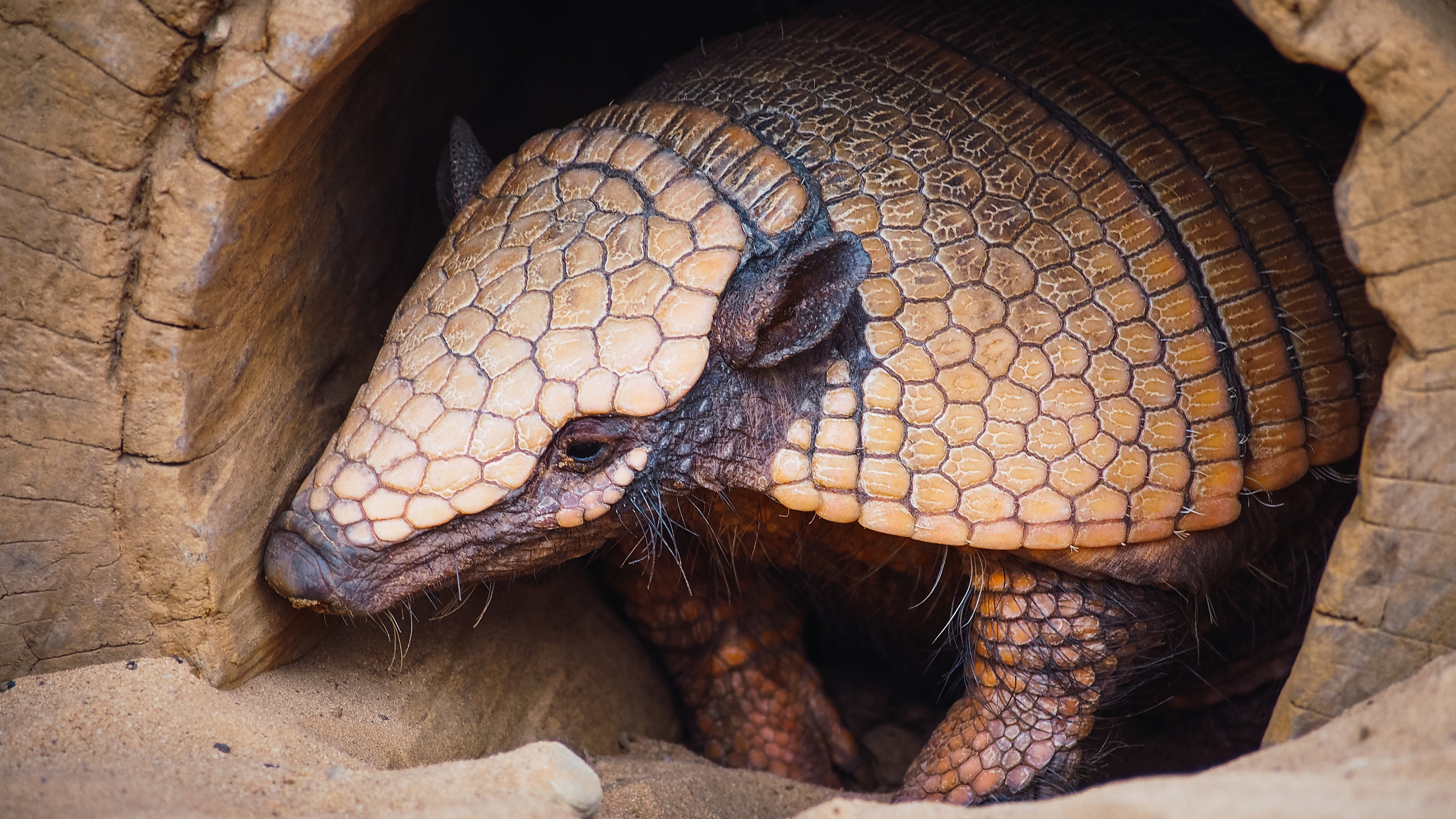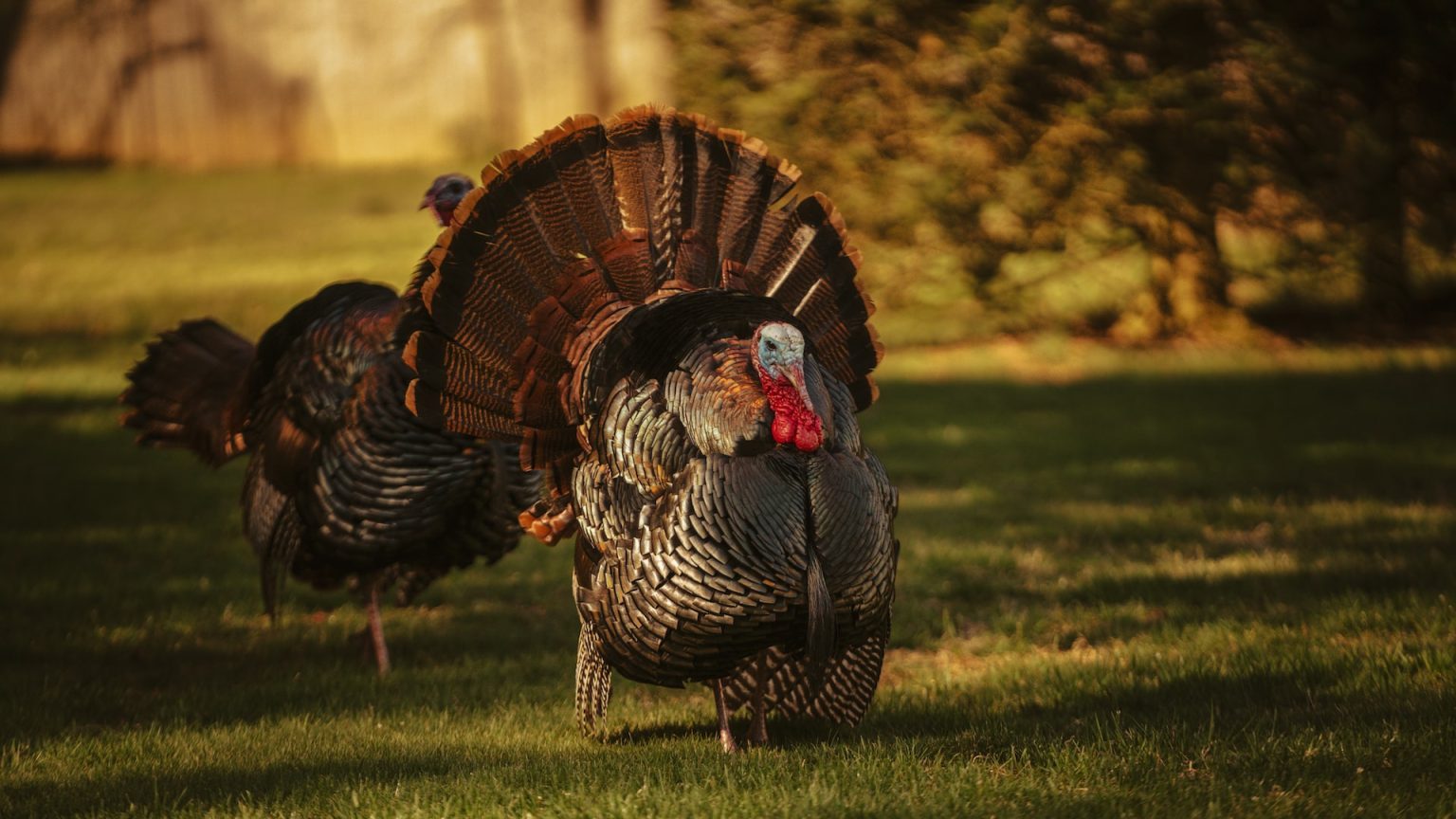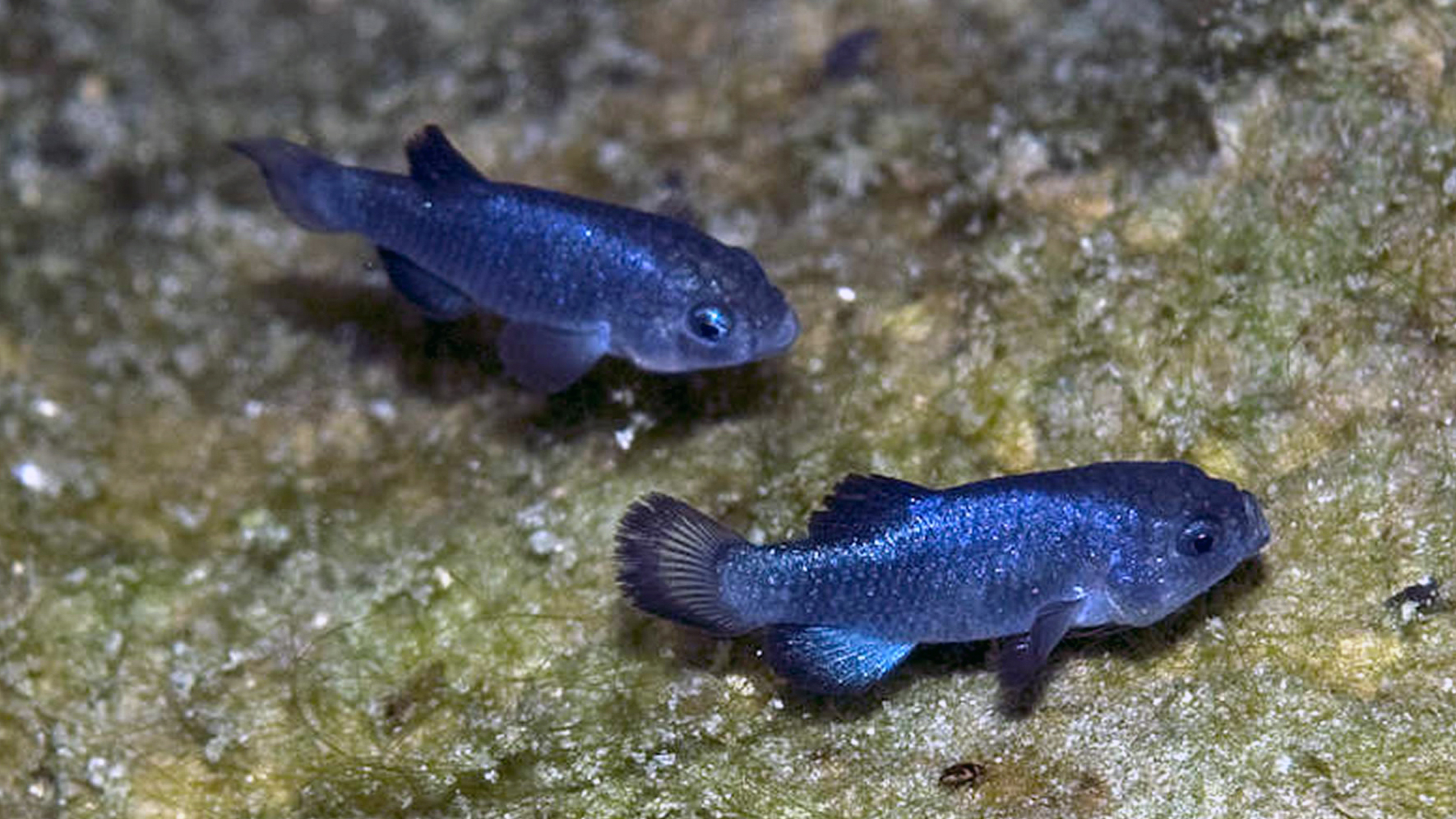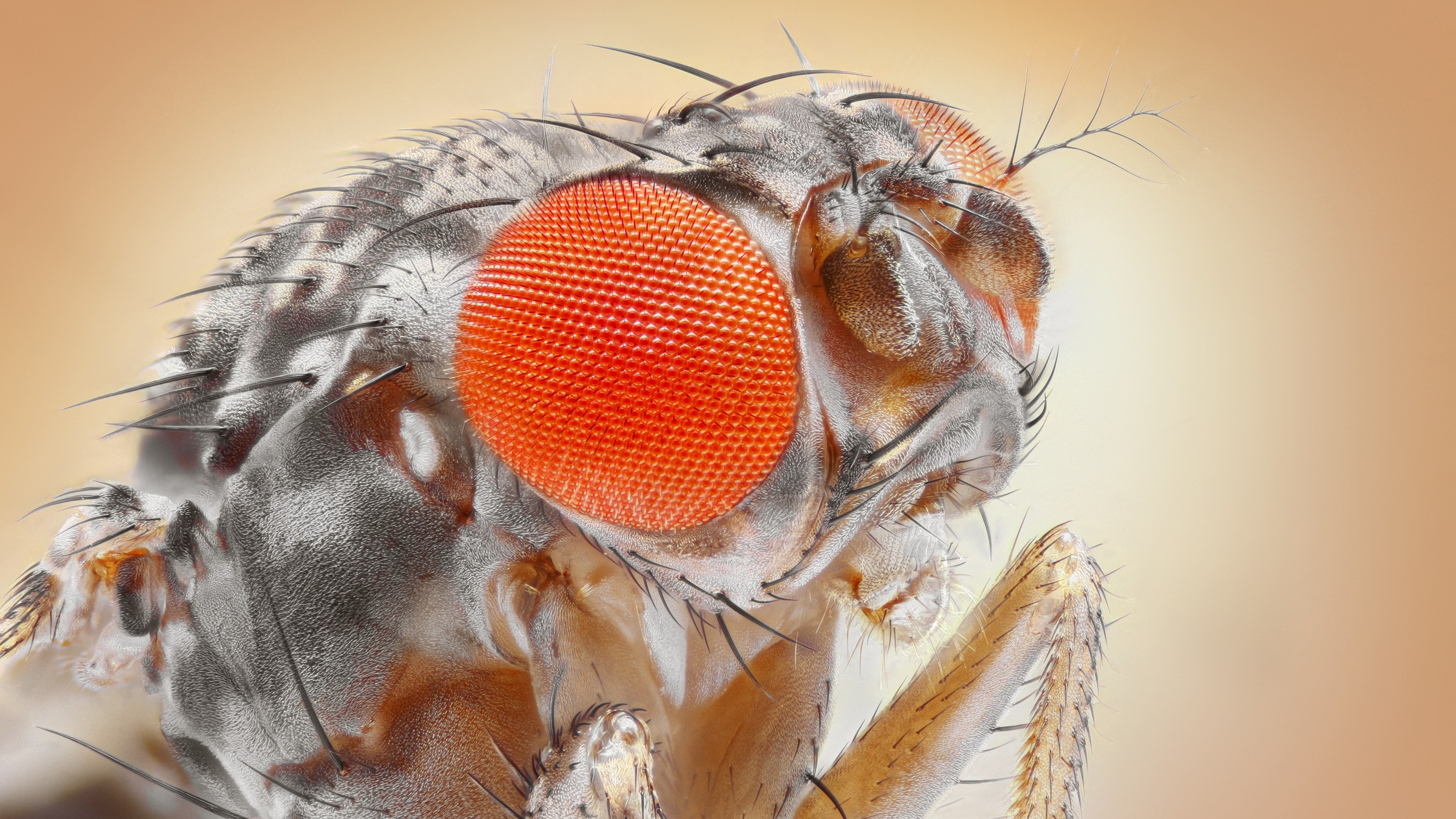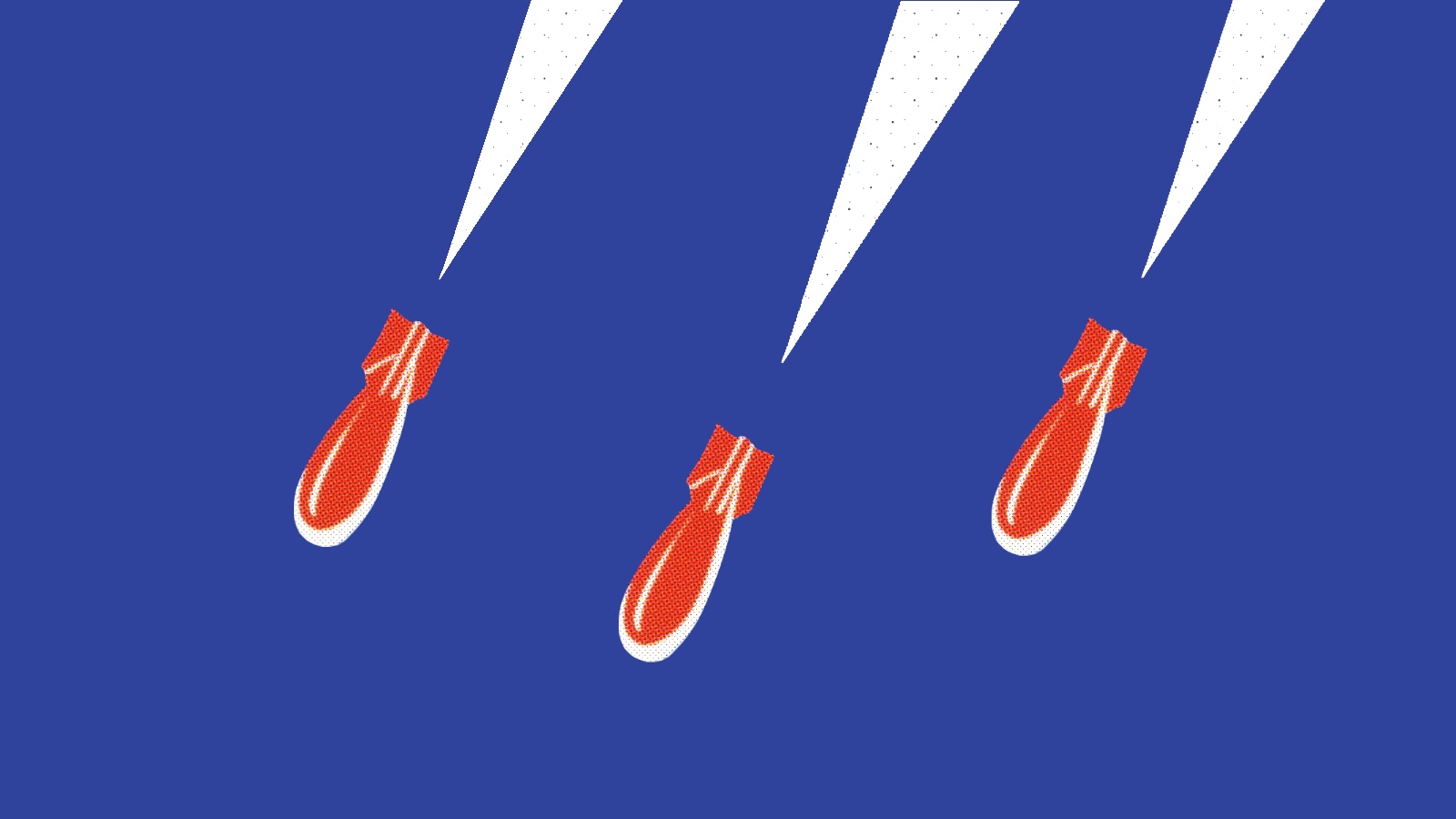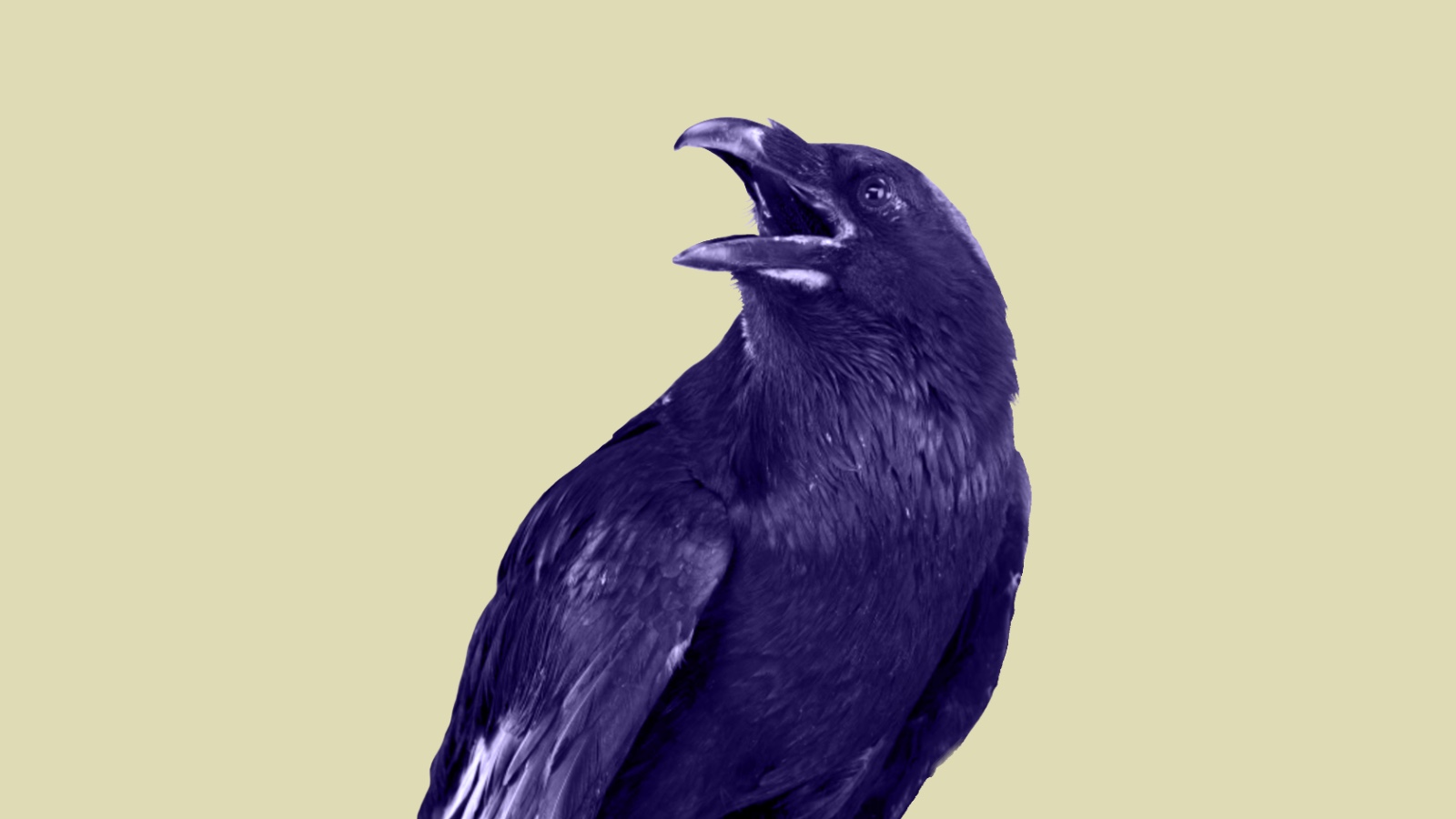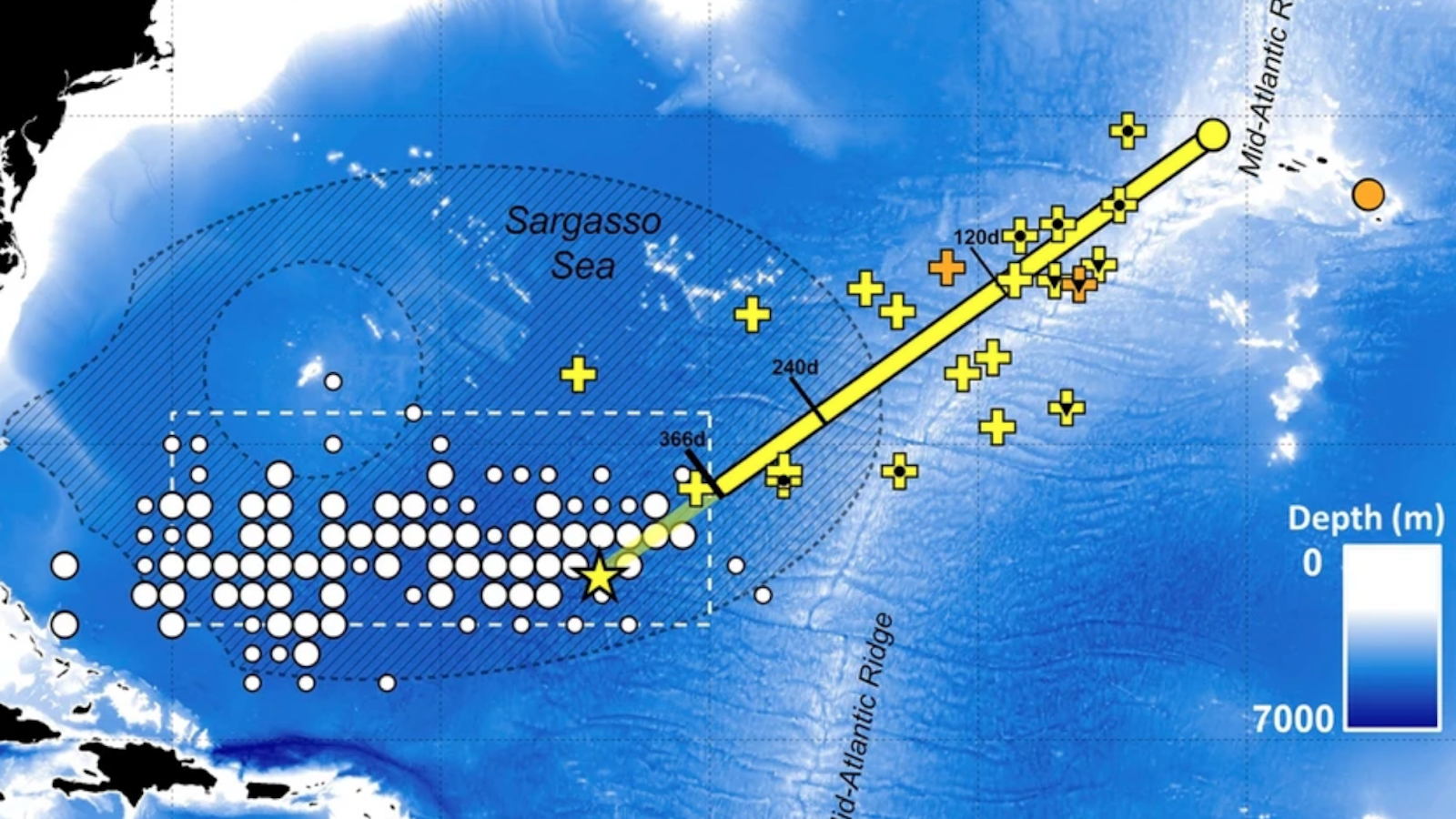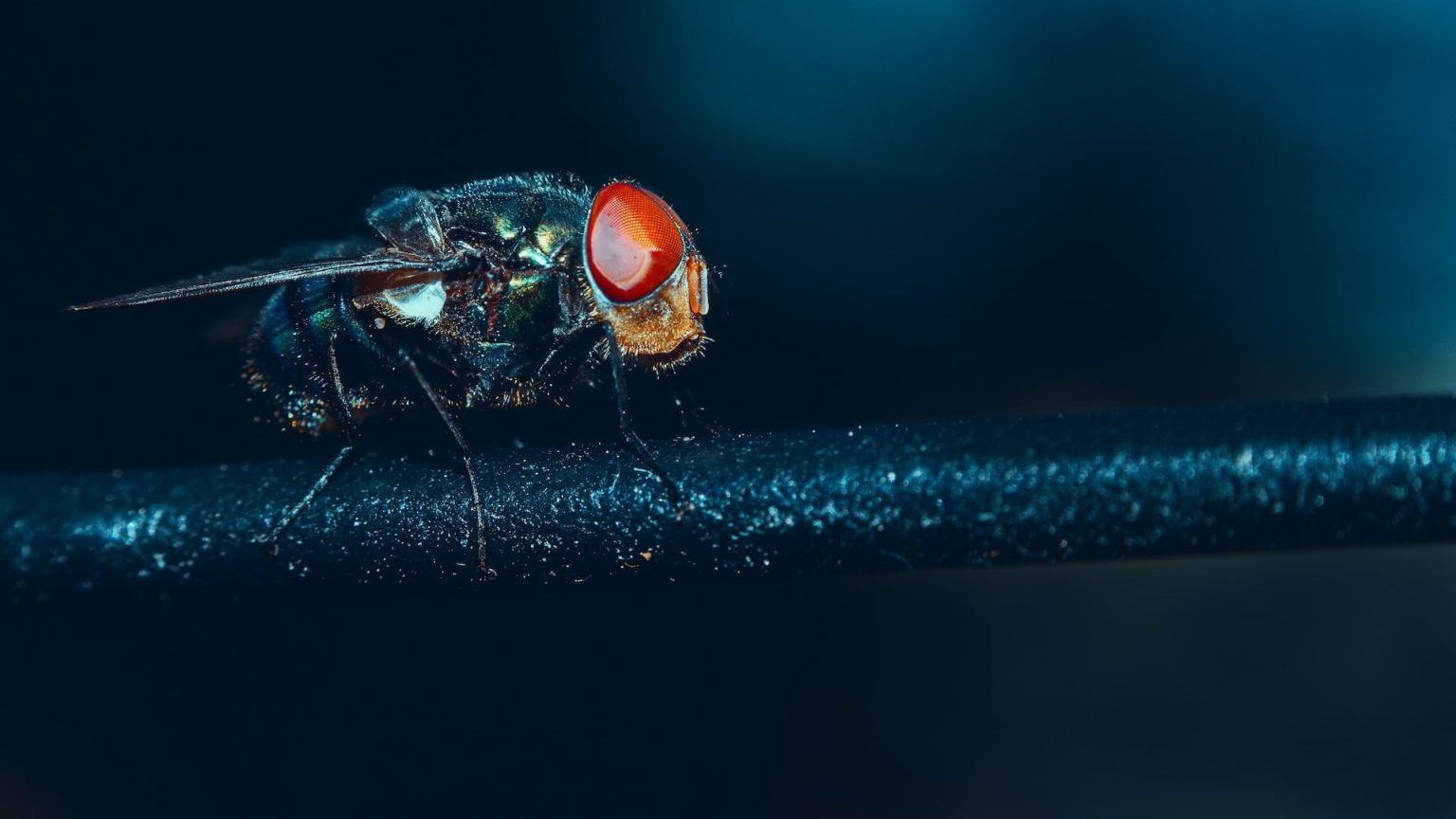animals
Cryo-electron tomography, or cryo-ET, is the future of cell research.
Don’t worry that your dog’s world is visually drab.
Meet your new flying nightmare: Thapunngaka shawi.
From synthetic biology to xenotransplantation, biotech will continue to march forward in 2023, in part powered by data and AI.
If dogs are out in coats and boots, how are the squirrels feeling?
He was also a eugenicist — but at least he could draw pretty pictures.
But they’re still lovable.
Passing chunks of ice can fertilize ocean waters and play a role in the planet’s carbon cycle.
Evolution repeatedly hit upon this solution simply because it works.
When we’re stressed, our hormones and nervous system produce all sorts of odors.
Parity tasks (such as odd and even categorisation) are considered abstract and high-level numerical concepts in humans.
We are still new at this.
Merely 256 genetically engineered mice could make an island’s pest population go extinct.
Dead whales inspire a way to find extraterrestrial life on Mars.
A vitamin that makes your body repellent to mosquitos sounds too good to be true, because it is.
Toxoplasmosis, which results from a chance encounter with a cougar and the parasite it carries, can push a wolf to seek alpha status.
Synthetic milk is not a sci-fi fantasy; it already exists.
The spikes in their mouths would have helped them catch squid or fish.
Being mortal makes life so much sweeter.
Ancient humans may have evolved to slumber efficiently — and in a crowd.
A researcher explains a little-known niche within modern physics: animal collective behavior.
Mycobacterium leprae, the bacteria that cause leprosy, have the surprising ability to grow and reverse aging in armadillo livers.
The word “turkey” can refer to everything from the bird itself to a populous Eurasian country to movie flops.
The dating pool is small — no pun intended.
Recent discoveries about bodily awareness have changed how scientists think about the nature of consciousness.
Inspired by the shape of a New Caledonian crow’s beak, researchers created a new 3D-printed prototype of tweezers.
All American and European eels originate in the same place.
Many suspicious deaths of both humans and pets have been solved with the help of insects.
